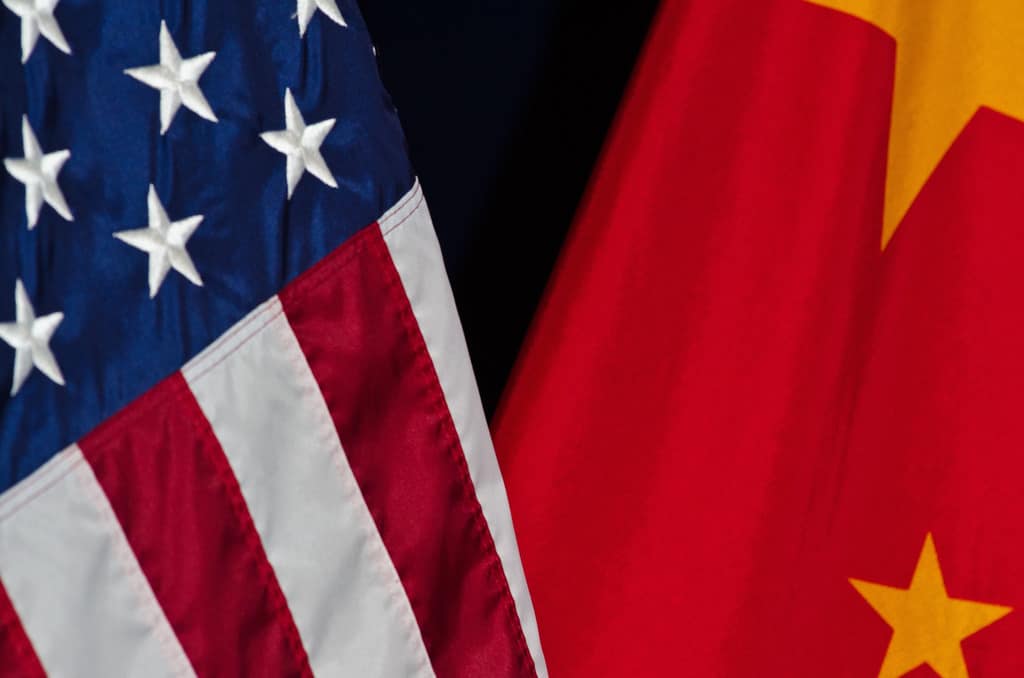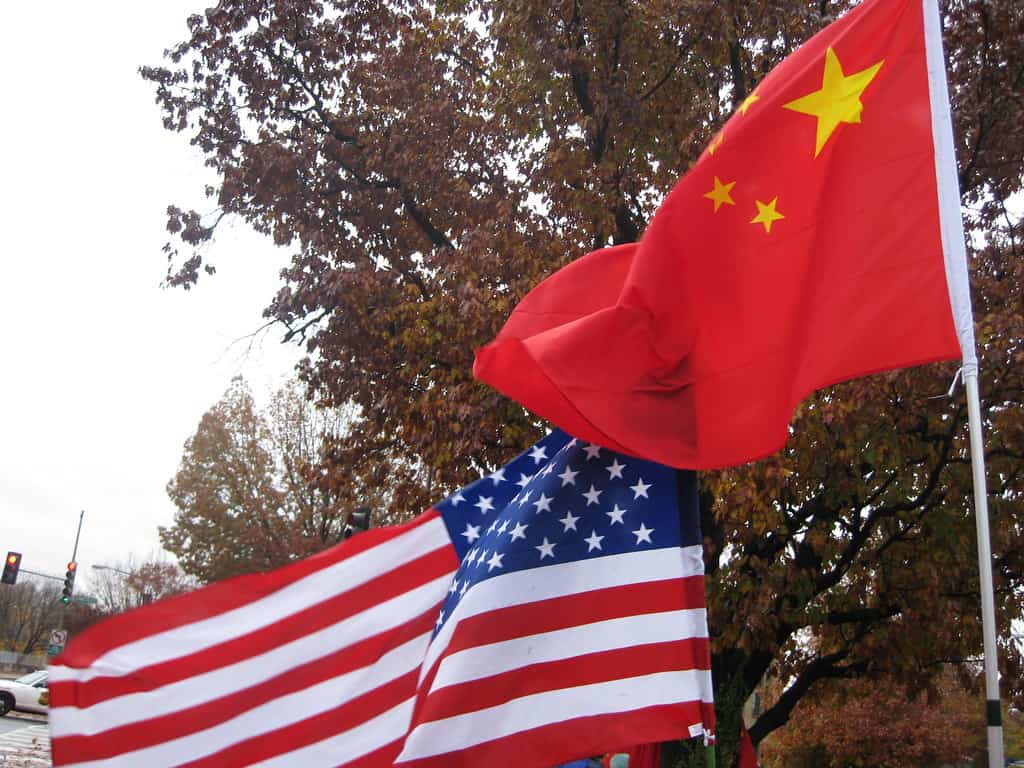A researcher from a leading Chinese think tank has outlined a range of measures to deal with what Xi Jinping has referred to directly as efforts by the US to contain China.
On 6 March during China’s Two Sessions congressional meeting, Xi told members of the the Chinese People’s Political Consultative Conference (CPPCC) that Western countries led by the United States have “implemented comprehensive containment, encirclement, and suppression against China, bringing unprecedented challenges to China’s development.”
His remarks marked the first time the term “containment” has been used by the Chinese leader to describe the strategic attitude of Western nations towards China.
In an opinion piece recently published by Guancha, Zhou Jianming (周建明), Research Fellow at the Sociology Institute of the Shanghai Academy of Social Sciences and a specially-appointed researcher at the Xi Jinping Thought Research Center, further elaborated upon the significance of Xi’s remarks before the Chinese congress.
“‘Containment’ is not the official term used by the current U.S. policy towards China; they use the concept of ‘strategic competition’,” Zhou writes. “‘Containment’ is the summary of our strategic analysis of the U.S. since Trump took office: the U.S. is using all means to contain us…[it was] the core strategy of the U.S. against the Soviet Union during the Cold War.
“The core reason why the US wants to contain China is because China is unwilling to westernize and submit to US hegemony, unwilling to give up its goal of achieving complete national reunification and great rejuvenation of the nation, and has demonstrated unique cultural, political, institutional, and development advantages, which are transforming into increasingly strong economic and military power.
“China is regarded as the only country in the world that can comprehensively challenge US hegemony, and is therefore seen as the most dangerous strategic adversary.”
According to Zhou, Sino-US relations have steadily worsened since Xi Jinping took office at the 18th National Congress of the Communist Party of China (CPC) in 2012, with containment since emerging as the bipartisan consensus for the US with regard to its relations with China.
“Since the start of the reform and opening up period, up until to the 18th National Congress of the Communist Party of China, although there have been occasional frictions and sharp conflicts in Sino-US relations, they have generally existed within a stable framework, which is also an extremely important external environment for China’s reform and opening up,” Zhou writes.
“Since Trump took office, Sino-US relations have plummeted. Whether it is the Sino-US trade war, sanctions and ‘decoupling’ of our high-tech companies, arbitrary arrests of certain Chinese scholars in the United States, sanctions against some domestic universities, stirring up trouble in Taiwan, Hong Kong, Xinjiang, Tibet, and other regions, or pointing the finger at China under the pretext of tracing the origin of the coronavirus, their goal is not some specific objective, but the containment of China.
“After the Democratic Party took office in 2021, the Biden administration has gone further down this road, creating a situation of comprehensive containment against us.
“Containing China has become a consensus among the Democratic and Republican parties and domestic elites, and economic interests have been completely outweighed by national security considerations. Under the banner of ‘strategic competition,’ containing China has become the ‘political correctness’ and the embodiment of national interests for the US, and has become the main axis of national security strategy.”
In order to deal with a US containment strategy, Zhou outlined several counter-measures for Beijing to adopt:
- “Thoroughly understanding the differences between Chinese-style socialist modernization and Western modernization, completely abandoning the mentality of worshipping foreign things, getting rid of the influence of Western liberalism, becoming more confident in our path, system, theory, and culture, and establishing the confidence to struggle and win.”
- “Promoting independence, self-reliance, and the spirit of hard work. Giving full play to the advantages of our national system, a complete set of industries and sectors and the vast size of our market. Intensifying research and development to break through the bottleneck imposed by the West, building an independent and self-reliant high-tech industry chain, and expanding the potential market of developing countries primarily through the development of the Belt and Road initiative. Establishing a development pattern that can effectively utilize both the international and domestic markets and resources under new historical conditions.”
- “With the goal of building a human community with a shared future characterized by lasting peace, universal security, common prosperity, openness, and inclusiveness, we should follow President Xi Jinping’s global development, security, and civilization initiatives, establish basic norms of equality and mutual respect for sovereignty and dignity between countries regardless of size; adhere to dialogue and consultation and peaceful means to resolve disputes and differences between nations, uphold the reform of international order based on equality, fairness, and democracy, and oppose any form of hegemony, promote peace talks and settlement of international disputes, and work towards a world of peace, development, and mutual prosperity.”



